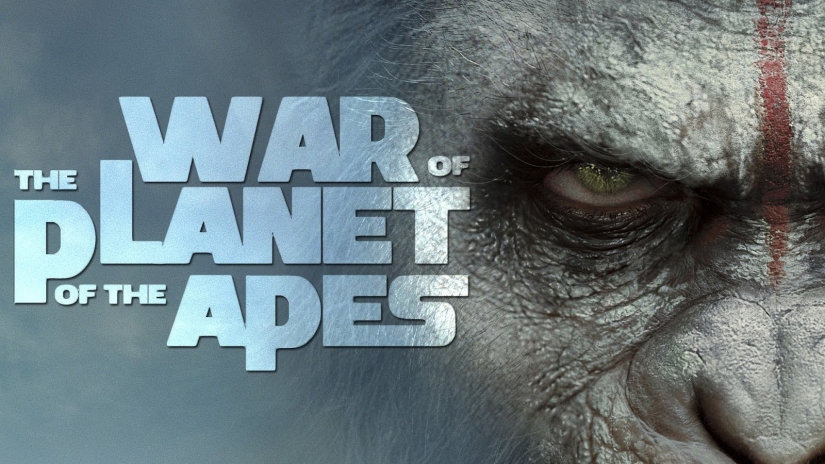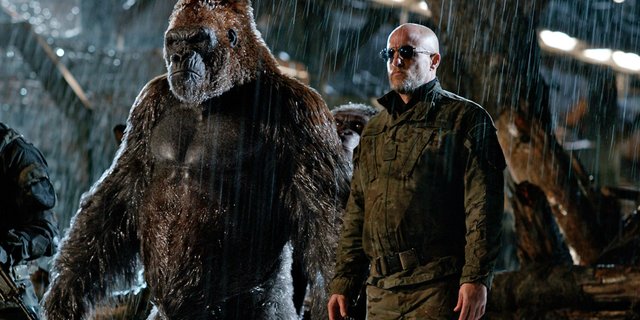War for the Planet of the Apes - Movie Review

Conflict lies at the center of any good story. The original Planet of the Apes franchise used social issues of the day to incorporate conflict into an epic science fiction story that has withstood the test of time. Mostly. There was that forgettable Mark Wahlberg installment in 2001. When CGI breathed new life into the franchise with the lovable baby Caesar (Rise of the Planet of the Apes), a new generation was able to experience a cult classic with a slick new look. And those of us who have fond memories of the franchise were able to see it spring to life with breathtaking reality.
War for the Planet of the Apes is the third in a trilogy that is loosely based on the 1968 franchise, based on a 1963 book by Pierre Boulle. The original film franchise consisted of five films. Considering the smashing success of the modern installments, I wouldn’t be surprised to see a prequel or even sequel(s) with new lead characters.
In War for the Planet of the Apes, the antagonist is a rogue human Colonel (Woody Harrelson) whose personal vendetta against the self-aware simians is sharpened by a belief that humans might be threatened by a pathogen that vitiates humanity. This has also set the Colonel at odds with his own chain-of-command, leading to a military standoff. The battle pits man against beast. And man against man. And man against nature. These three forces are converging at a single place at a climactic point in time.

While the Colonel is faced with multiple threats, Caesar also struggles under the burden of self-actualization. His ability to reason is matched by his capability to be unreasonable. His "humanity" is marked by the same fatal flaw as mankind. Revenge becomes a driving factor in his decisions, which are otherwise peace-loving and rooted in logic and preparation. He develops an impulsiveness that threatens to destroy him. But an orphaned child (Amiah Miller, who reintroduces the character "Nova") helps Caesar come to terms with his own inner turmoil.

The film navigates the subject matter with thoughtful dialogue, over-the-top CGI, solid performances and numerous "love notes" to the original material. The references back to the original series grounds the film in its roots, as does the social commentary. In this case, it comes in the form of a wall. I can't quite imagine that we weren't talking about "that wall" in some measure. It could have grated on my nerves, but it didn't. Because the social commentary is inherent to the franchise. It is part of the fabric of the original film. This one does not hit you over the head with it like the 2001 version did.

Matt Reeves directed this episode of the trilogy, as well as the first. That is probably why I liked the first and third best. The second was missing his secret sauce. I think it may be the visual way he tells the story. He effectively uses sound and imagery to tell the story without beating viewers over the head with the plot. The film had great pacing, humor, interesting characters, depth and a natural narrative arc that culminates in spectacular CGI fashion. I didn't catch the important visual cues related to one of the plot lines until well into the film. But it quickly dawned on me what was happening as an important set of events was starting to unfold. I liked that. Foreshadowing without giving everything away and without explaining everything in hindsight. He doesn't insult your intelligence. He uses his mastery of his art form to tell a story. Effectively. I would give this film 8.5/10. One of the best films of 2017.
Photos and video courtesy of 20th Century Fox.
Totally agree, I loved it!
It's funny how once in awhile a movie or music review soars around here, you nailed it.